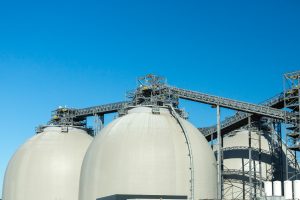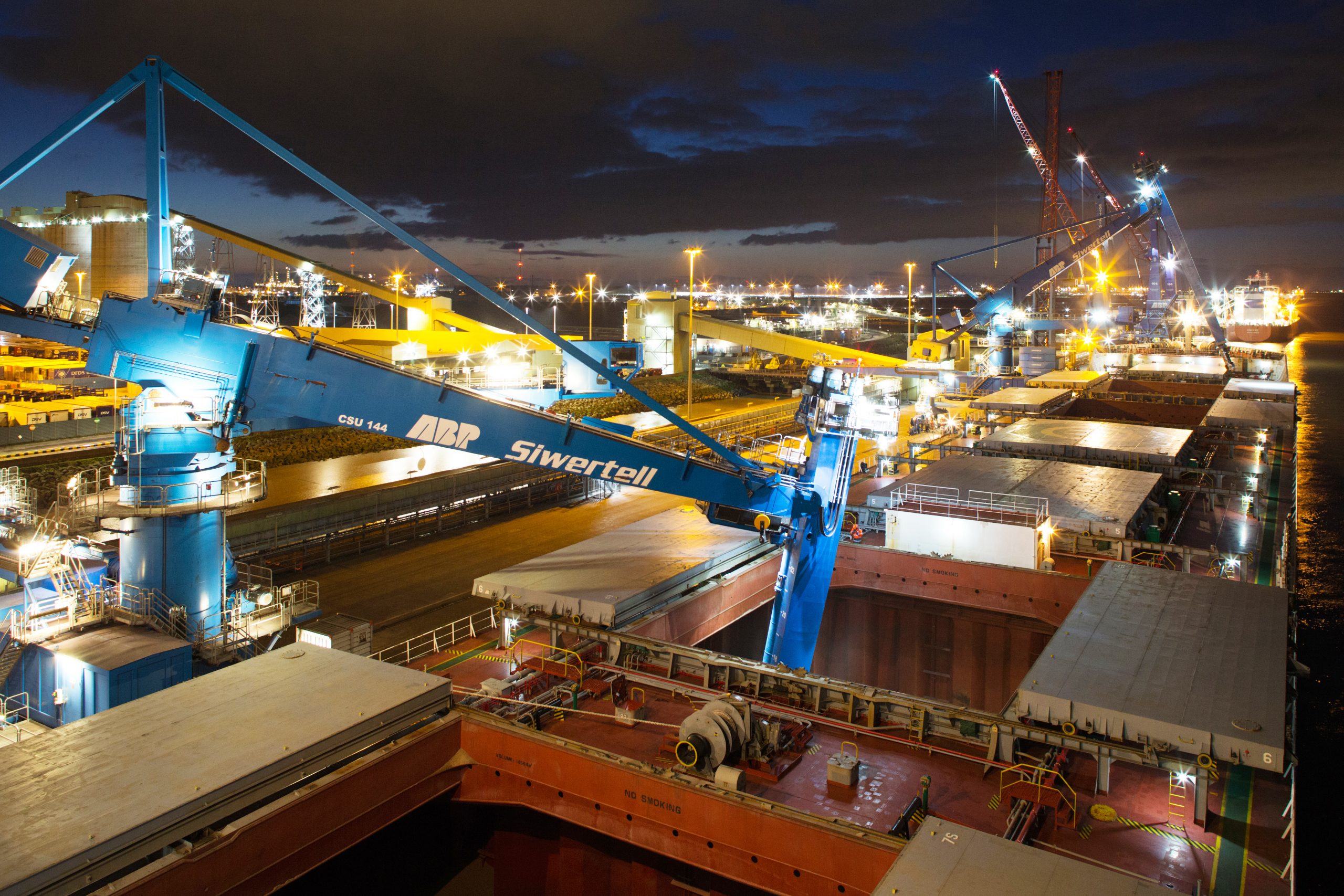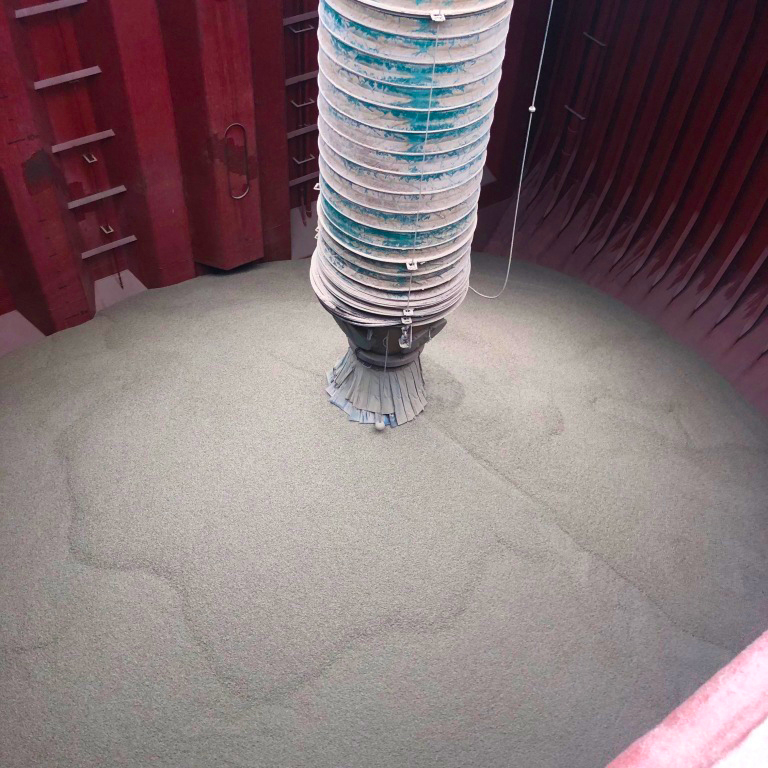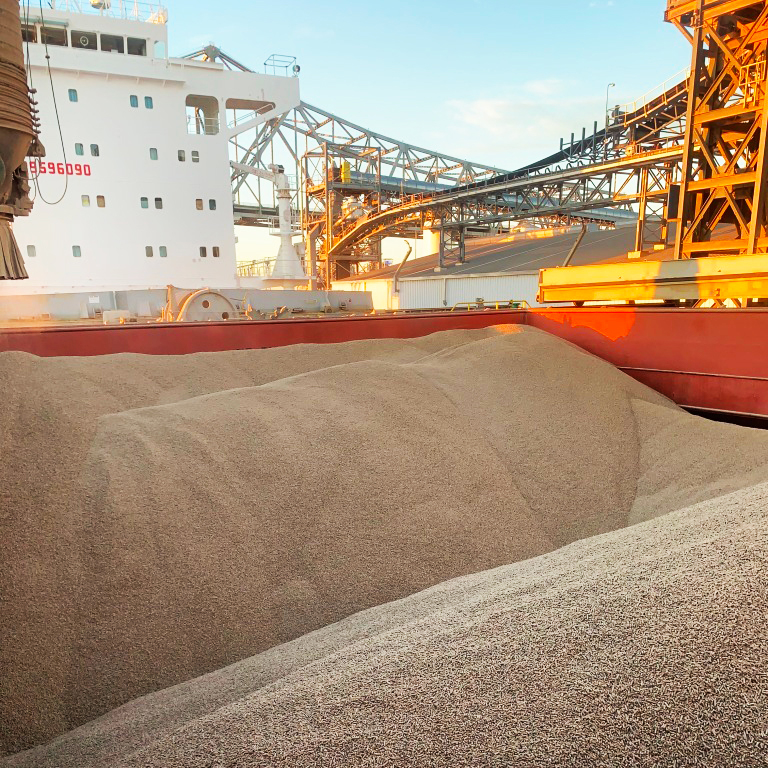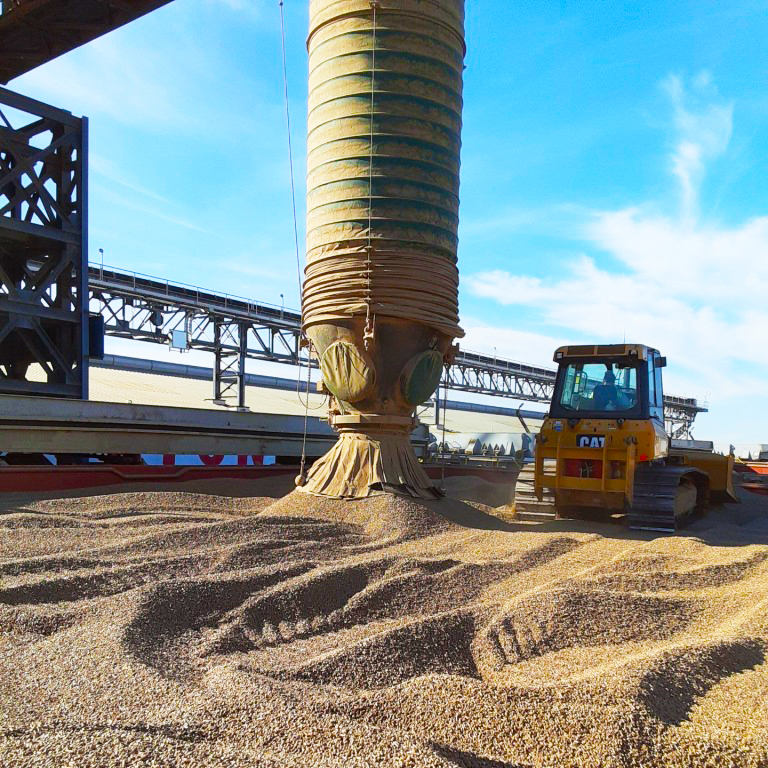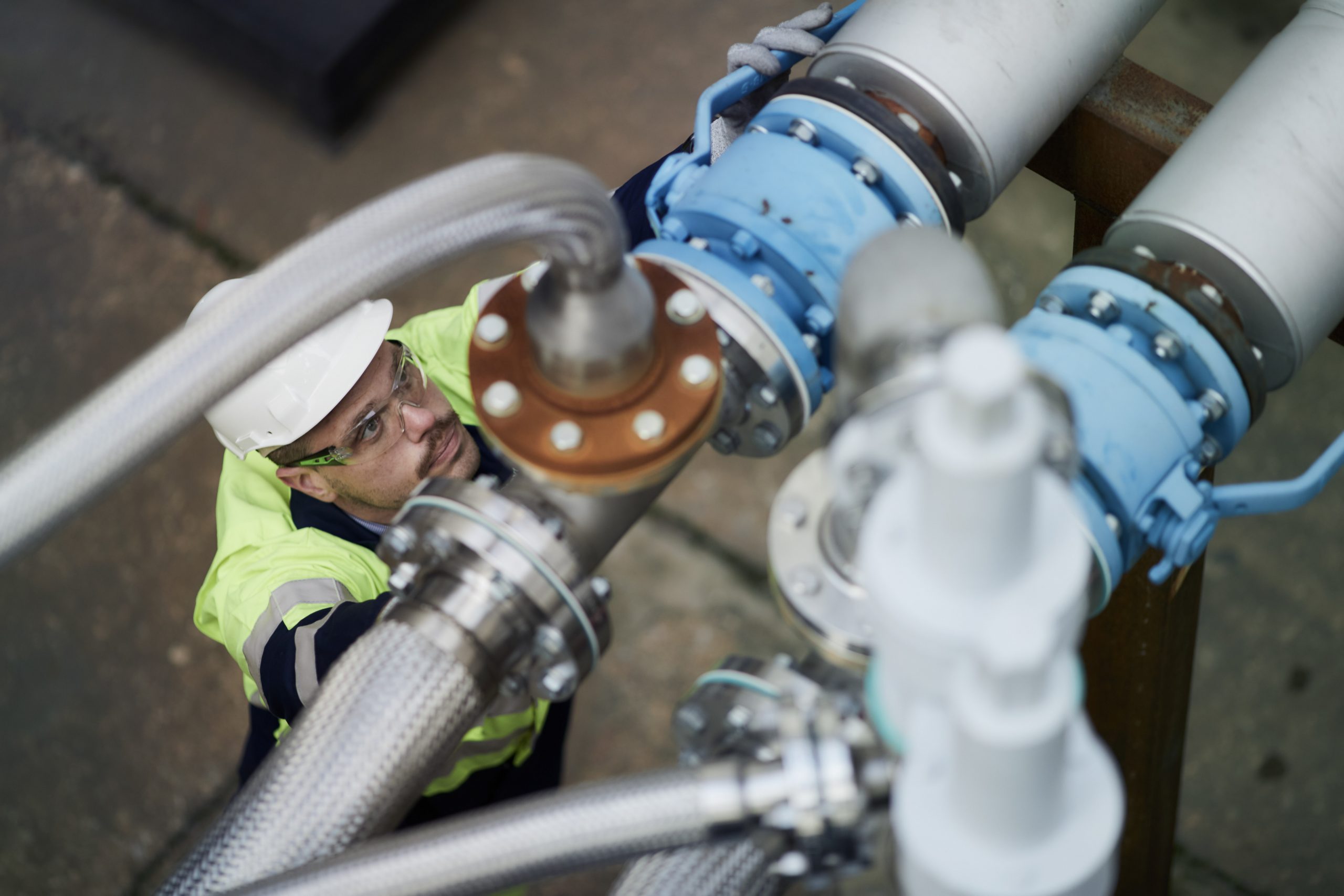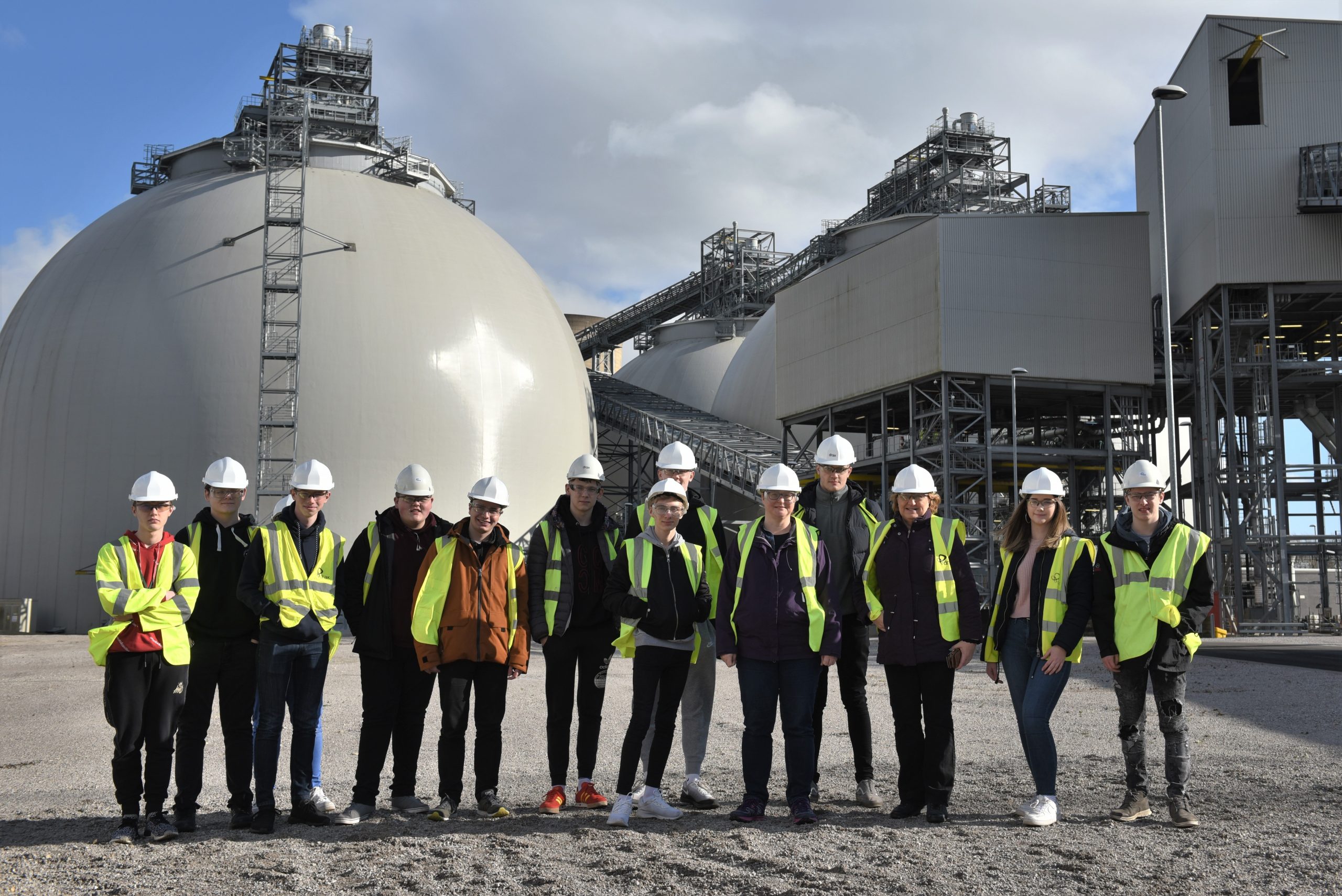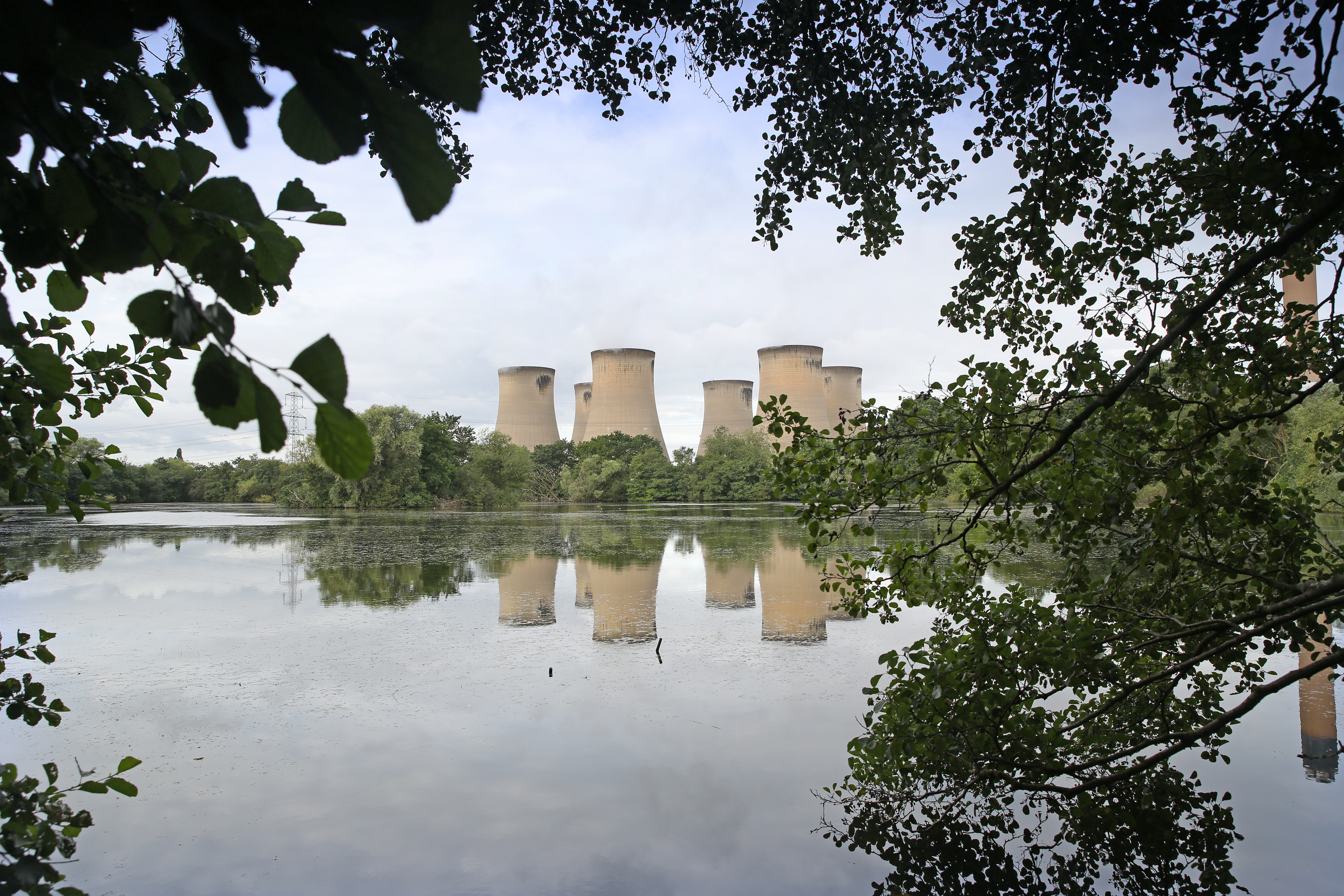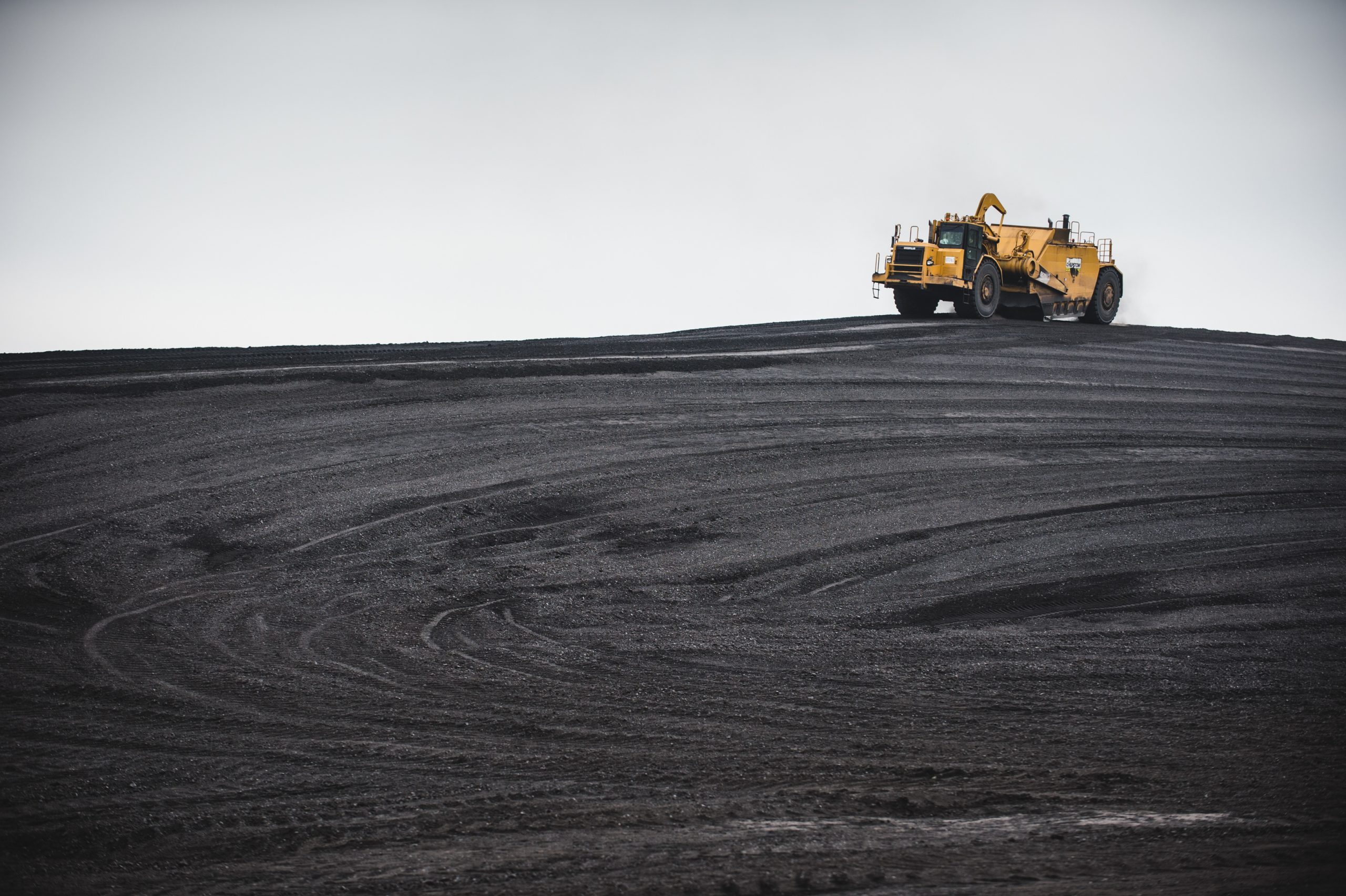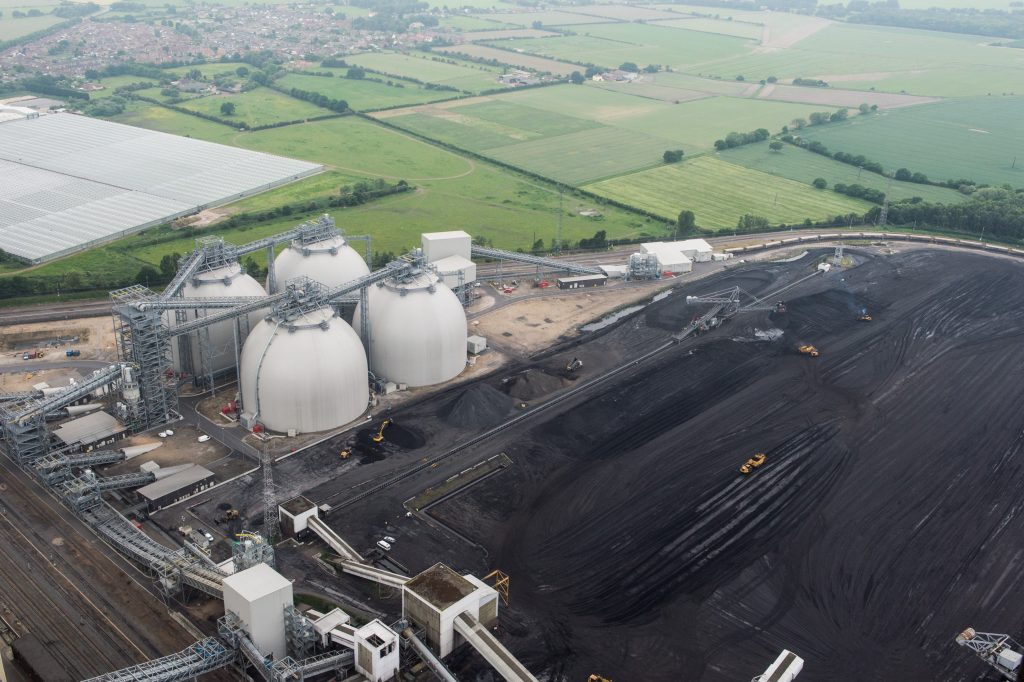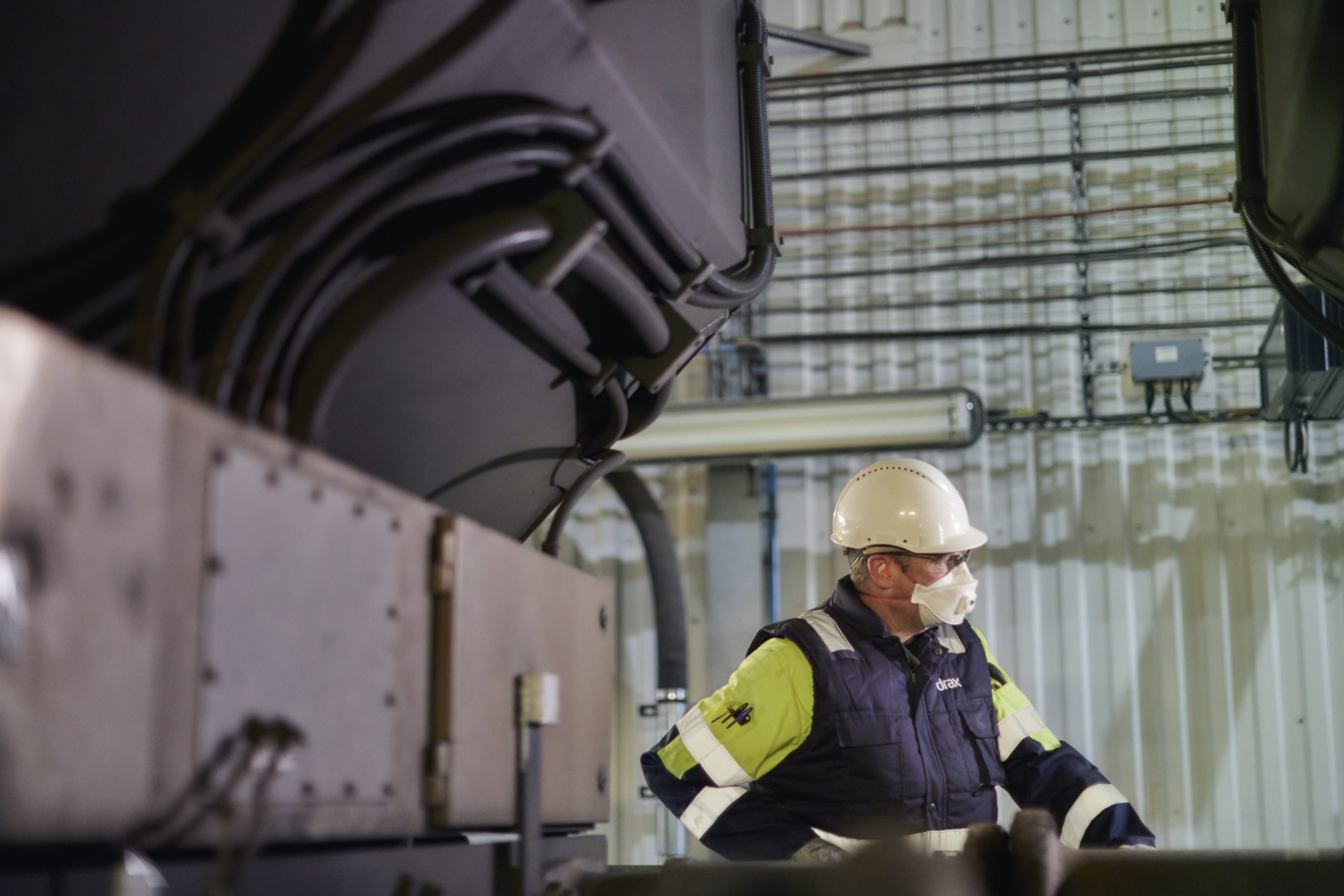
- Drax Group which owns and operates the UK’s largest power station, has signed up for a new C-19 Business Pledge to help others during the crisis
- 250 facemasks donated to Drax by Chinese power company are delivered to York Hospital as part of efforts to support frontline NHS workers
It has teamed up with former Cabinet Minister, Rt Hon Justine Greening, as a founding member of the C-19 Business Pledge, a national scheme which encourages employers to join the coronavirus effort by pledging to help their employees, customers and communities to get through the crisis.
Drax Group CEO Will Gardiner said:
“Our dedicated teams across England, Scotland and Wales are working around the clock to continue generating and supplying the electricity the UK needs at this critical time. Through the C-19 Business Pledge we can work with others to go further in supporting those in our communities who need our help more than ever right now.

Will Gardiner, CEO, Drax Group
“We want to do as much as we can to help and support our own employees, as well as our customers and the communities in which we operate during this crisis.”
Justine Greening said:
“With the future of many employers hanging in the balance and incredibly tough times unfolding in sectors across the UK, businesses face many incredibly difficult decisions. But those organisations who are able to, like Drax Group, can have a huge role in battling the impact of coronavirus and make a real difference in these uniquely challenging times.
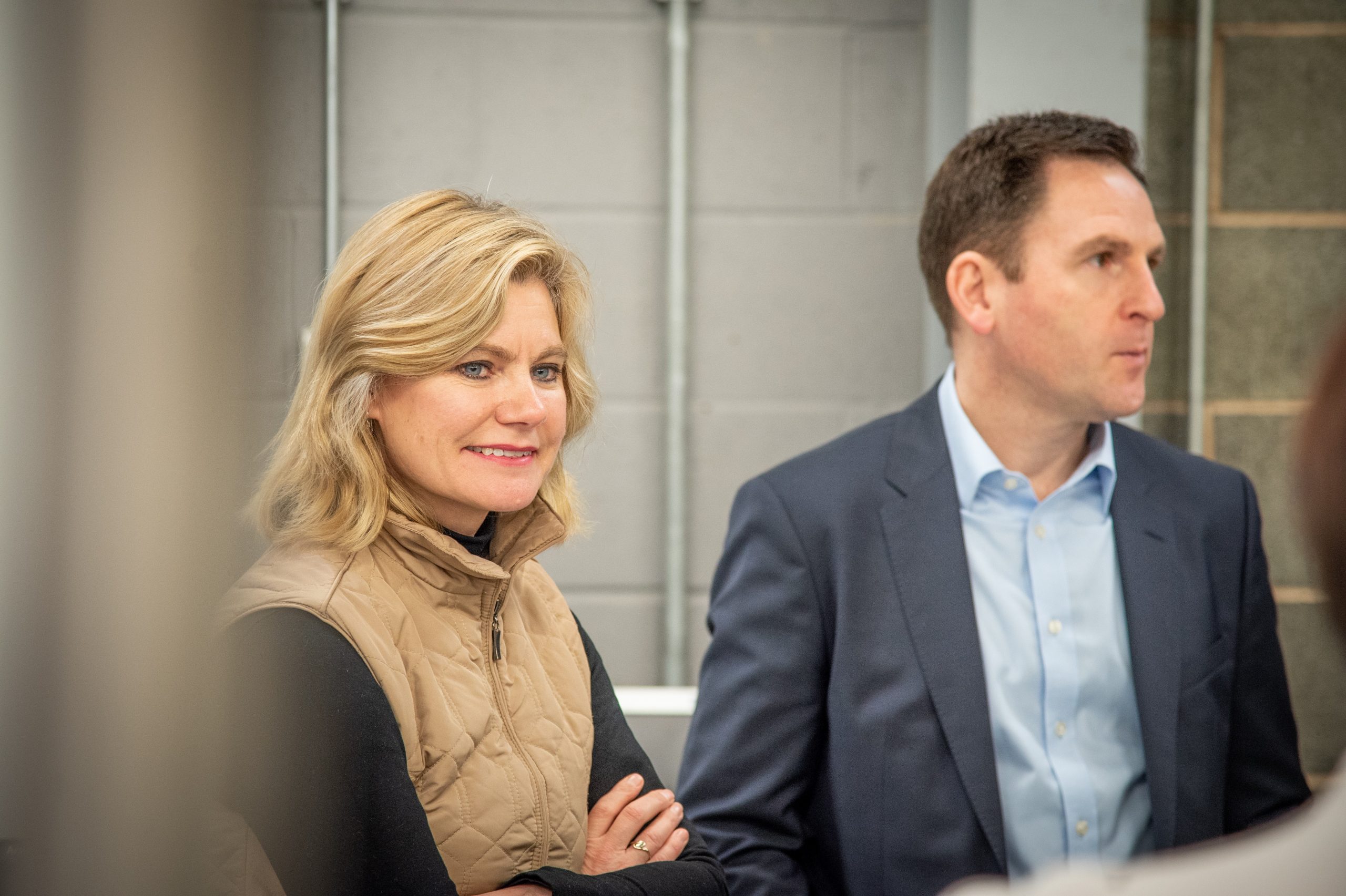
Justine Greening with Drax Generation CEO, Andy Koss
“In spite of everything, lots of employers have already shown amazing initiative and commitment to helping people affected by coronavirus. The C-19 Business Pledge is all about encouraging as many businesses and universities as possible to get involved and then helping them do that faster and better by sharing all the great work that’s already been done. The early response has been incredible and I’ll do everything I can to help to connect up British business to play its role.”
Drax has also delivered 250 facemasks to York Hospital to help keep NHS staff on the frontlines safe.
The masks were donated to Drax Power Station by employees at the Shanghai Waigaoqiao No.3 Power Generation Company in China, part of Shenergy Power Technology. The Chinese energy company’s engineers visited Drax Power Station in North Yorkshire last year, to learn more about how it has transformed itself to become the largest decarbonisation project in Europe by using sustainable biomass instead of coal.
Drax Power Station is the UK’s largest, generating 5% of the country’s electricity.
Prof. Feng Weizhong, Shenergy General Manager, said:
“We have suffered from the virus in the past two months and know how terrible it is. Thankfully now we are in a much better situation, and we want to help our international friends so that all of us can overcome the virus as soon as possible. We shouldn’t and can’t manage this alone. Although we are from different countries and different cultures, we think we share the belief that life and health are priceless.”
Simon Morritt, Chief Executive of York Teaching Hospital NHS Foundation Trust, said:
“I would like to express my personal thanks to Drax and their partners in China for their support in donating facemasks to the Trust, to help us ensure we are well equipped to support our staff and care for our patients in the coming days and weeks.”
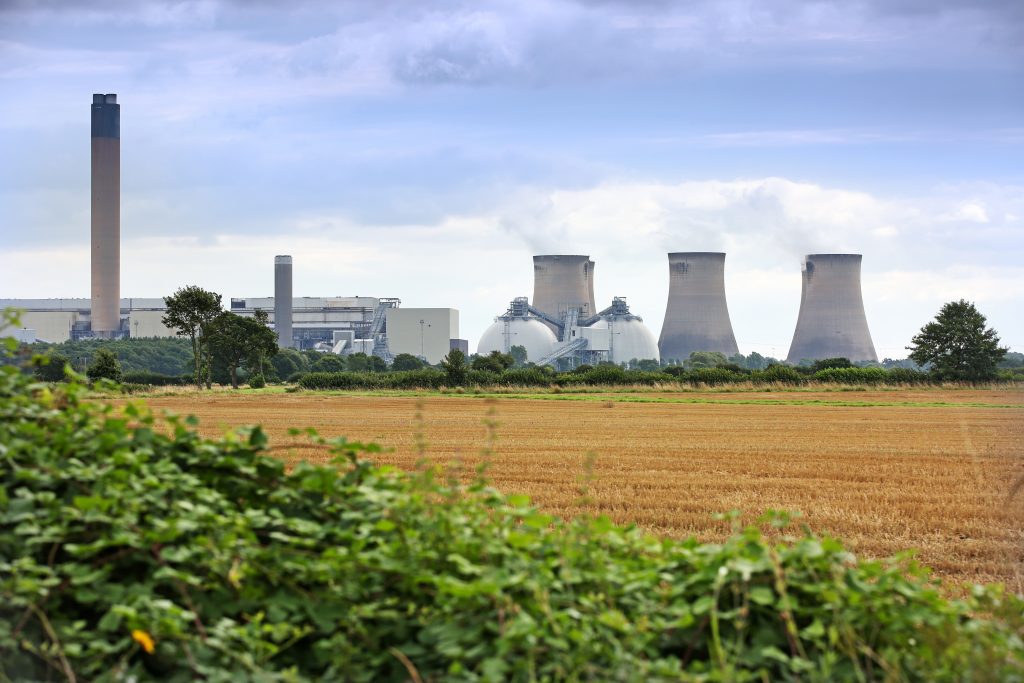
Drax Power Station
Will Gardiner added:
“We’re very grateful for the donation of the face masks from our friends in China – it is a great example of businesses working together to help people during this crisis. Through the C-19 Business pledge we aim to support more of those who are most in need.”
The C-19 Business Pledge is targeting not just the immediate challenges of coronavirus, but also the challenges of recovery – and was born out of the huge response from businesses and universities involved in the existing Social Mobility Pledge, wanting to be part of a national effort.
The initiative has already received the backing of employers representing over 900,000 people, staff and students, throughout businesses and universities.
As well as Drax Group, they include BP, Barratt Developments, Everton Football Club, National Grid, DLA Piper, Persimmon Homes and Severn Trent Water.
Employers who sign up to the pledge give their backing to three main objectives built around employees, customers and communities. They will not only help Britain through the immediate challenges of coronavirus, but also through its recovery.
For more on the C-19 Business Pledge visit the website: www.c19businesspledge.org
ENDS
Media contacts
Ali Lewis
Drax Group Head of Media & PR
E: [email protected]
T: 07712 670 888
Aidan Kerr
Drax Group Media Manager
E: [email protected]
T: 07849 090368
Editor’s Notes
Drax is already a member of the Social Mobility Pledge which aims to champion social mobility and raise aspirations within communities local to its operations.
Employers who sign up to the C-19 Business Pledge give their backing to three main objectives including:
- To support their own employees throughout and beyond this challenging time. For example, this could include practical support and advice on financial security, mental health, personal wellbeing as well as reintegration back into work for those who have experienced an extended period away from the workplace.
- To publish clear and simple advice for customers. Where possible they could have specialist teams dedicated to supporting customers if they are having problems, such as those facing repayment difficulties and vulnerable customers.
- To do what they can to help communities in Britain through the epidemic. Over the coming months we are likely to see a sharp increase in isolation, loneliness, mental health and household financial issues in our communities across the country. There will be an increased need for communities to come together with practical support, such as food deliveries, collections and financial assistance for organisations that specialise in supporting vulnerable people.
About Drax
Drax Group’s purpose is to enable a zero carbon, lower cost energy future and in 2019 announced a world-leading ambition to be carbon negative by 2030.
Its 2,900-strong employees operate across three principal areas of activity – electricity generation, electricity sales to business customers and compressed wood pellet production.
Power generation:
Drax owns and operates a portfolio of flexible, low carbon and renewable electricity generation assets across Britain. The assets include the UK’s largest power station, based at Selby, North Yorkshire, which supplies five percent of the country’s electricity needs.
Having converted two thirds of Drax Power Station to use sustainable biomass instead of coal it has become the UK’s biggest renewable power generator and the largest decarbonisation project in Europe.
Its pumped storage, hydro and energy from waste assets in Scotland include Cruachan Power Station – a flexible pumped storage facility within the hollowed-out mountain Ben Cruachan. It also owns and operates four gas power stations in England.
Customers:
Drax owns two B2B energy supply businesses:
- Haven Power, based in Ipswich, supplies electricity and energy services to large Industrial and Commercial sector businesses.
- Opus Energy, based in Oxford, Northampton and Cardiff, provides electricity, energy services and gas to small and medium sized (SME) businesses.
Pellet production:
Drax owns and operates three pellet mills in the US South which manufacture compressed wood pellets (biomass) produced from sustainably managed working forests. These pellet mills supply around 20% of the biomass used by Drax Power Station in North Yorkshire to generate flexible, renewable power for the UK’s homes and businesses.
For more information visit www.drax.com/uk
About the C-19 Business Pledge
Founded by former cabinet minister, Rt Hon. Justine Greening, and entrepreneur David Harrison, the C-19 Business Pledge aims to harness the power of business as a force for good in tackling the Coronavirus epidemic.
We understand many businesses will be working hard to ensure they are able to continue in this turbulent time. We acknowledge that this will involve difficult decisions.
But for those that can, we are asking them to help in the national effort with their employees, customers and communities. By mobilising that collective effort, we can support those most in need through this crisis.
Our purpose:
To encourage UK businesses and universities to be a force for good by making a commitment to doing what they can to tackle Coronavirus (COVID-19).
These objectives are not only about helping our country get through the immediate challenges of Coronavirus, they are also about the recovery. Business has a crucial role to play in helping to rebuild Britain over the medium to long term.
There are three ways that we believe businesses can have an immediate and long-lasting impact:
1) Employees
Businesses can join the national effort by developing Action Plans to support their own staff throughout and beyond this challenging time. For example, this could include practical support and advice on financial security, mental health, personal wellbeing as well as reintegration back into work for those who have experienced an extended period away from the workplace. For example Severn Trent Water have put clear action plans in place to protect their staff when making home visits and are prioritising vulnerable customers.
More immediately, it should include disseminating the latest NHS COVID-19 advice.
2) Customers
Businesses can join the national effort by publishing clear and simple advice for customers. Where possible they should have specialist teams dedicated to supporting customers if they are having problems, such as those facing repayment difficulties and vulnerable customers, as RBS has done.
This could include prioritising those customers who are isolated and vulnerable, ensuring they do not become disconnected and can easily access services, for example through priority helplines and dedicated support. Others may wish to consider waiving some fees for customers and suppliers who may experience financial difficulties as a result of the Coronavirus.
3) Community
Businesses can join the national effort by committing to help Britain through the Coronavirus epidemic. Over the coming months we are likely to see a sharp increase in isolation, loneliness, mental health and household financial issues in our communities across the country. There will be an increased need for communities to come together with practical support, such as food deliveries, collections and financial assistance for organisations that specialise in supporting vulnerable people.
The way Britain’s businesses work is changing. So too will their relationship with the communities they serve, bringing greater emphasis on grassroots community action.
This could also include support for community projects where they operate, as national wealth management firm True Potential, based in the North East, is doing by providing assistance to local hospices and charities that support the elderly and vulnerable.
The C-19 Business Pledge is driven by the Social Mobility Pledge – a campaign for businesses to be a force for good by delivering a level playing field on opportunity and boosting social mobility in the UK. The Social Mobility Pledge is a growing coalition of over 500 organisations; 450 businesses employing almost 4 million people across the UK, as well as over 50 UK universities representing over 1 million students.
Contact: [email protected]




